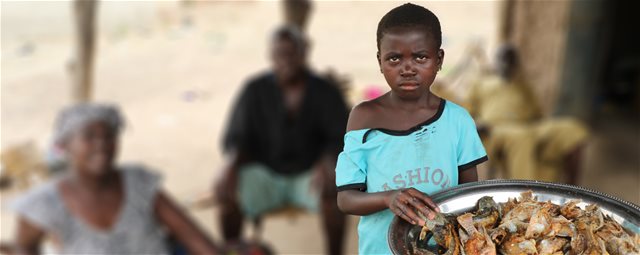Why is Speed School needed?
Child labour, including the worst forms of child labour such as mining and participation in armed conflict, exist in all three intervention countries.

Child marriage is widespread. According to UNICEF (2017), Niger has the highest child marriage rate in the world, with 76 % of girls marrying before they are 18 and 28 % marrying before they are 15. In Burkina Faso and Mali, an estimated 52 % of girls are married before they turn 18.
Other causes of children being out of school include long distances between the home and school, inability of parents to afford school fees and a general lack of awareness of the importance of education.
Children with disabilities face additional barriers to inclusion in education, are less likely to be enrolled in school and more likely to drop out. The Speed School programme will make special efforts to reach children with disabilities. This is done by ensuring that formal schools and Speed Schools are sensitised on disability inclusion and that children with disabilities are able to participate in education.
Enrolment rates for post-secondary and tertiary education are low in the three countries and the formal sector is only expected to create a small percentage of jobs.
Addressing youth unemployment and underemployment has thus also become increasingly urgent in the face of a deteriorating economic and security situation.
Strømme Foundation's programme in the three countries is closely aligned with national development frameworks and sectoral policies and thus anchored on national priorities.

"Largely effective", says Impact evaluation report
In the first half of 2018, an impact evaluation was carried out of Strømme Foundation's Speed School programme to-date by the Fafo researcher, Tewodros Aragie Kebede.
The evaluation concluded that the programme was largely effective in achieving desired results and also demonstrated cost efficiency in resource use. The evaluation also provided observations and recommendations that will guide the further development of the programme, operationally and strategically, and notably related to ensuring that success factors from the Speed School programme can be used to enhance the formal schooling system.
Read the Fafo evaluation report here
The evaluation showed that the Speed School programme has provided opportunities for out-of-school children to return back to the formal school system and continue their education. The programme has a 90 percent rate of efficiency in terms of the number of students who are eligible to transfer to formal primary school among those who enrolled initially.